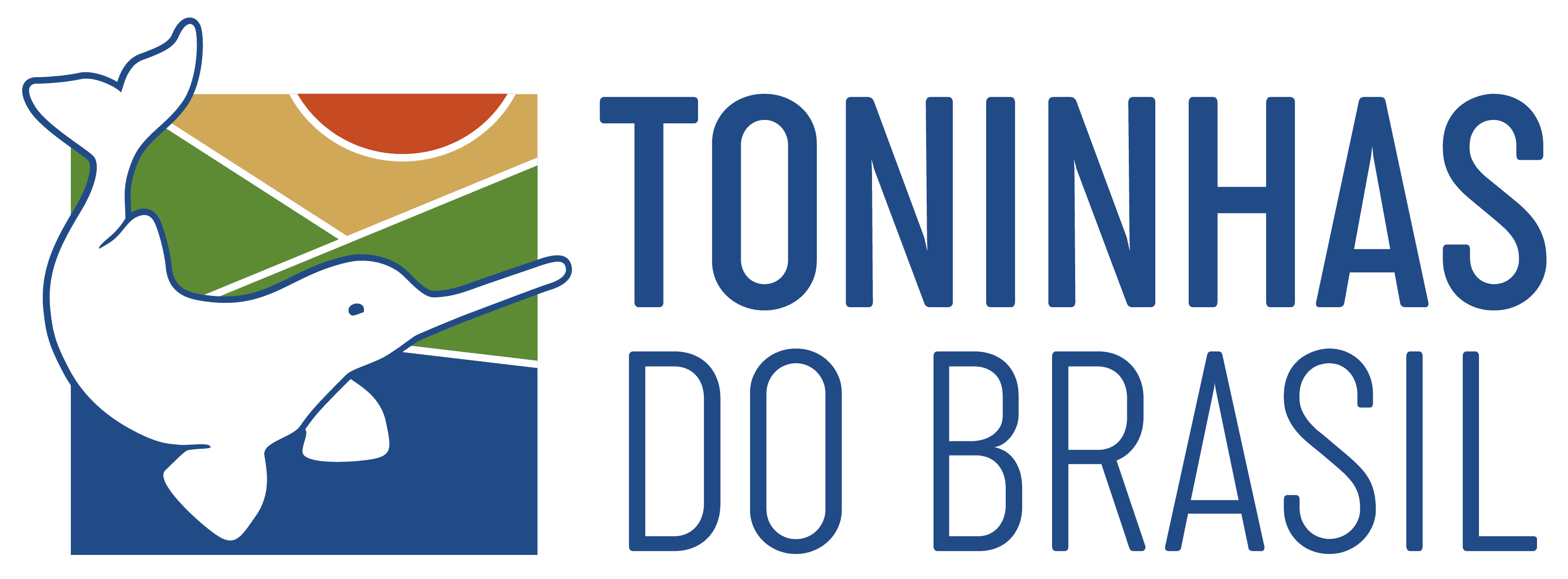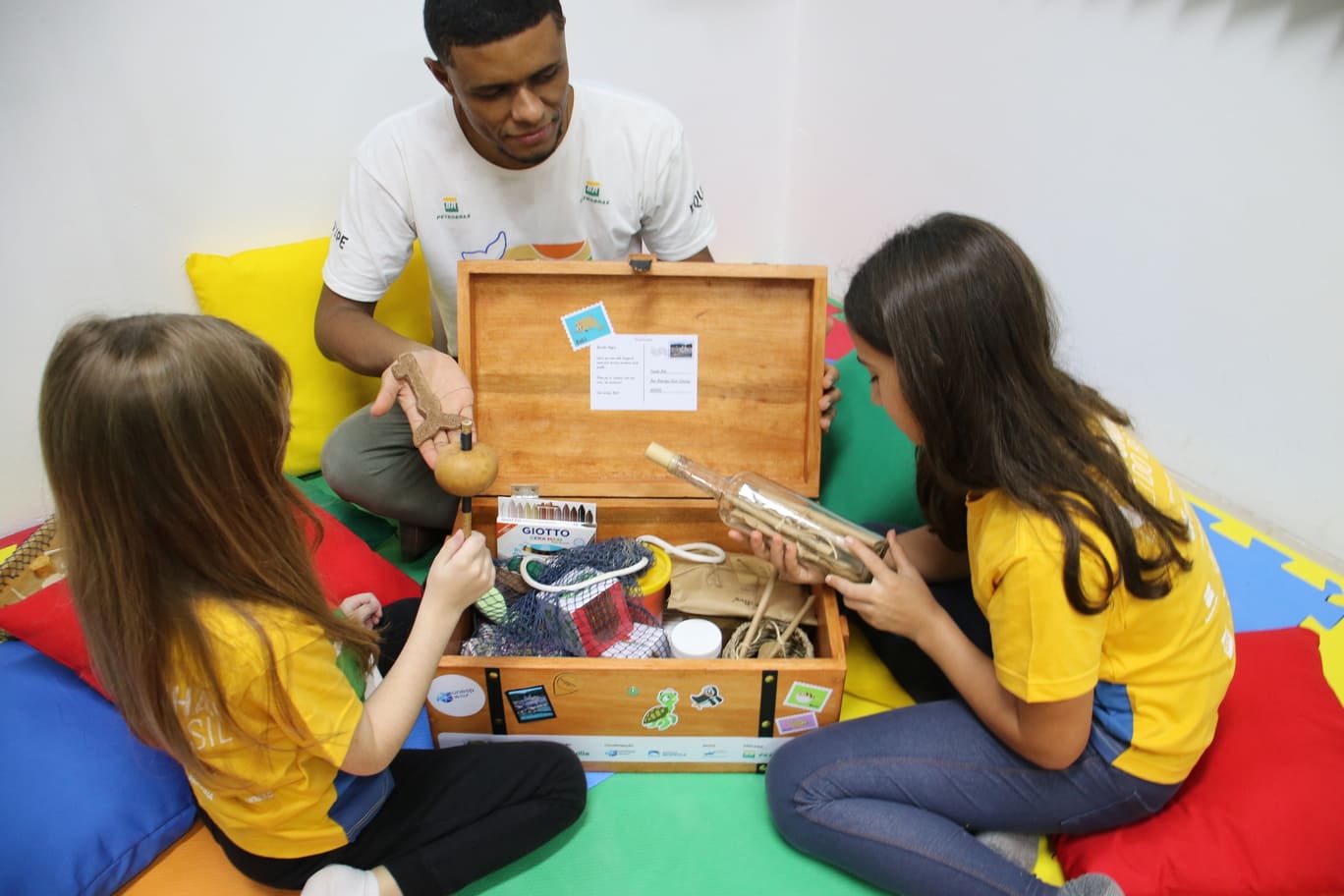In August, the Toninhas do Brasil project, which has a partnership with Petrobras and support of Dolphin Quest, delivered kits of teaching materials aimed at the insertion of ocean literacy to the municipal education networks of Ubatuba and Caraguatatuba, in the state of São Paulo (SP), as well as São Francisco do Sul and Laguna, in Santa Catarina (SC), along the coast of Brazil. Through the program “The Franciscana Dolphin Treasure Chest: A Marine Treasure”, educators from the four cities had access to the kits, containing handcrafted teaching materials, built especially to meet the needs of basic education.
The chest, built in wood and composed of ten (10) educational activities, is part of the Project’s formal environmental education actions. The materials were designed in accordance with the guidelines of the Brazilian National Common-Core Curriculum (BNCC), enabling the approach of environmental education as a transversal contemporary theme, which can be adapted to the curriculum and schedules of each teaching institution.
“The project is committed to work through partnership networks and to put ourselves at the service of the communities in which we operate”, explains João Miguel Neri Camilo Moreira, biologist, teacher and Environmental Education coordinator at Toninhas do Brasil.” In this perspective, we team up with teachers, researchers and artisans to build unique teaching materials thought out, down to the smallest details, to be valuable resources in the hands of educators inspired by our way of doing environmental education. Exclusivity, strong theoretical grounding, interdisciplinarity, creativity and socio-environmental responsibility are what make Franciscana Dolphin Treasure Chest an innovative resource”.
In addition to the principles of ocean literacy, from the UNESCO Decade of Ocean Science, the Project was inspired by Montessori and Waldorf methodologies, the Reggio Emilia approach and the characteristics of the territories in which it operates to design the teaching materials. “We sought to create versatile materials that could be used in different ways, such as a multidisciplinary stack of blocks. Based on the Montessori pink block towers and the Santa Marta Lighthouse, in Laguna, the project created a lighthouse in wooden blocks, which also addresses the theme of marine food chains. The educator can explore geometry, notions of space and proportion and environmental education simultaneously”, explains João.
The material used in the making is also sustainable, including puzzles made from plastic removed from beaches and packaging made by traditional community artisans from discarded fishing nets. The appreciation and contact with the traditional communities of the territories also guided the construction of the kit, which includes a bottle with messages from children from the Morro Alto Indigenous Land, in São Francisco do Sul, and a wooden franciscana dolphin made by artisans from this community.
Educators from 12 public educational institutions, in all four cities, will learn from the project how to apply the material from the kits in the classroom in the course “Navigating with Franciscanas: Ocean Literacy in Early Childhood and Elementary Education – Early Years”. The project also produced an e-book that presents the pedagogical proposal of each material, in addition to the BNCC skills and the principles of ocean literacy with which they are associated. The initiative is part of the project’s insertion in formal education.
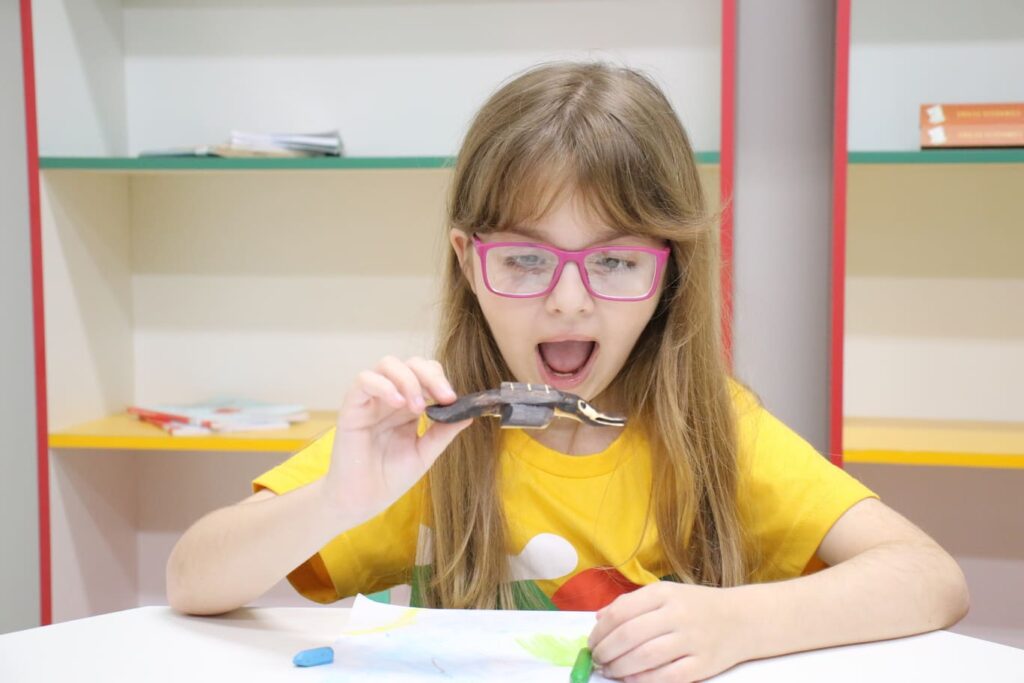
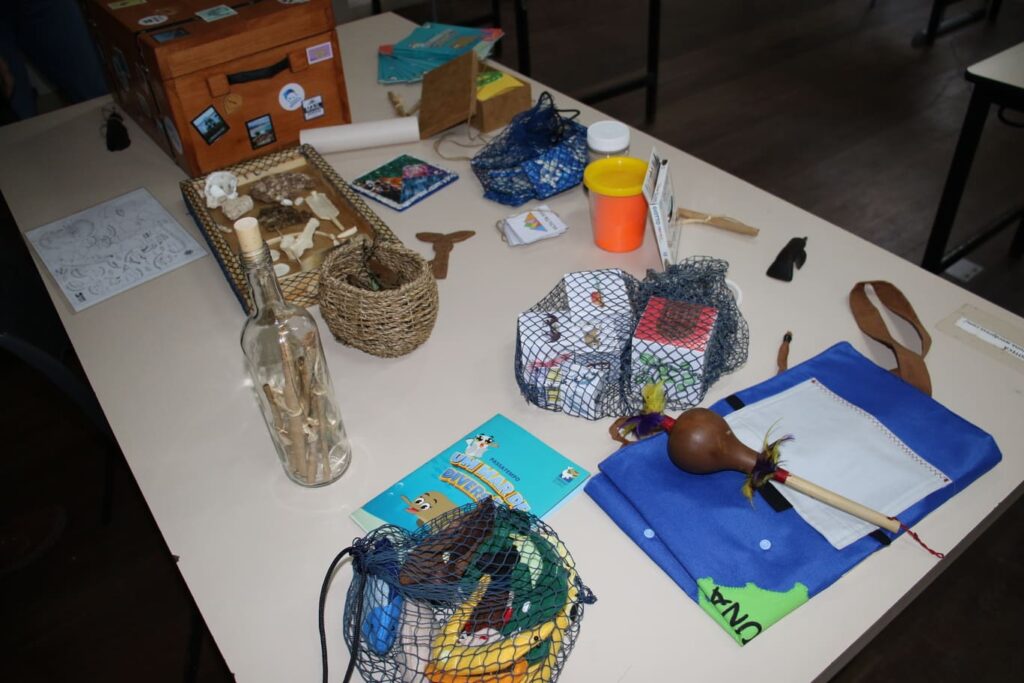
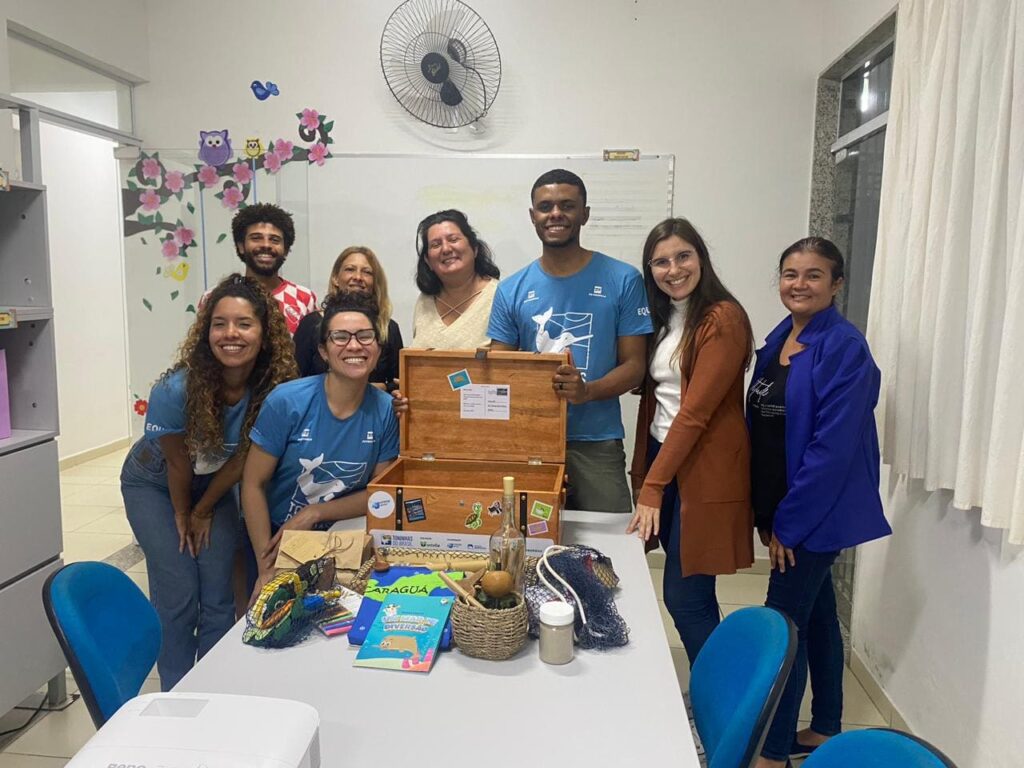
About the Toninhas do Brasil Project:
The Toninhas do Brasil Project is an initiative that works on research and conservation of the franciscana (Pontoporia blainvillei), one of the smallest and most endangered dolphins on the planet. Toninhas do Brasil is carried out by Univille, which has a partnership with Petrobras, through the Petrobras Socioambiental program, and the support of Dolphin Quest. For more than 20 years, the Project has conducted activities of research, communication, environmental education, and institutional coordination in favor of the defense of coastal ecosystems. Bringing together a multidisciplinary team of professionals committed to the conservation of biodiversity and marine ecosystems, the project is a reference in Brazil and in the world when it comes to research and conservation of small cetaceans.
Contact:
Naira Albuquerque (Communication coordinator)
Phone: +55 54 99931-8004
E-mail: comunicacaoprojetotoninhas@gmail.com
